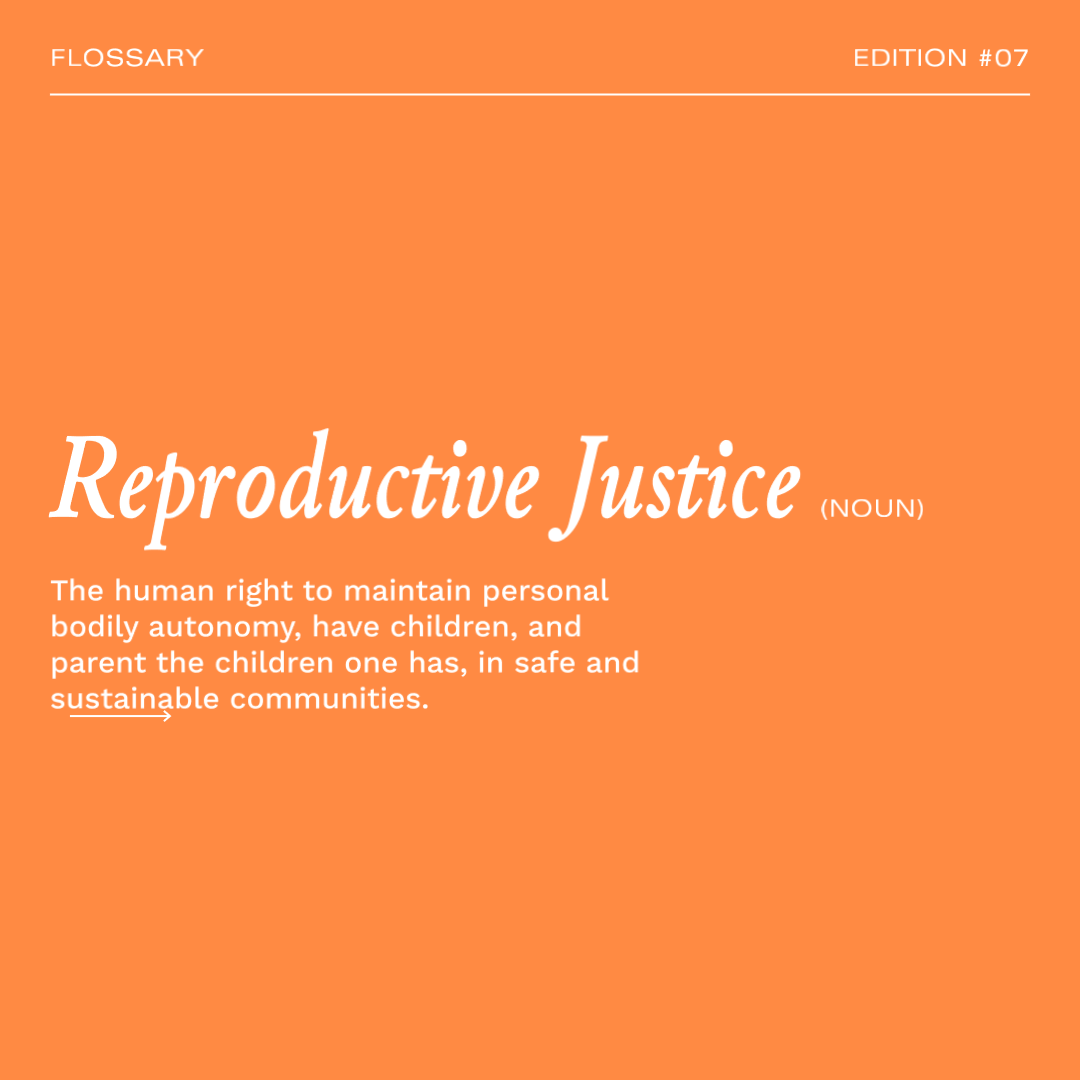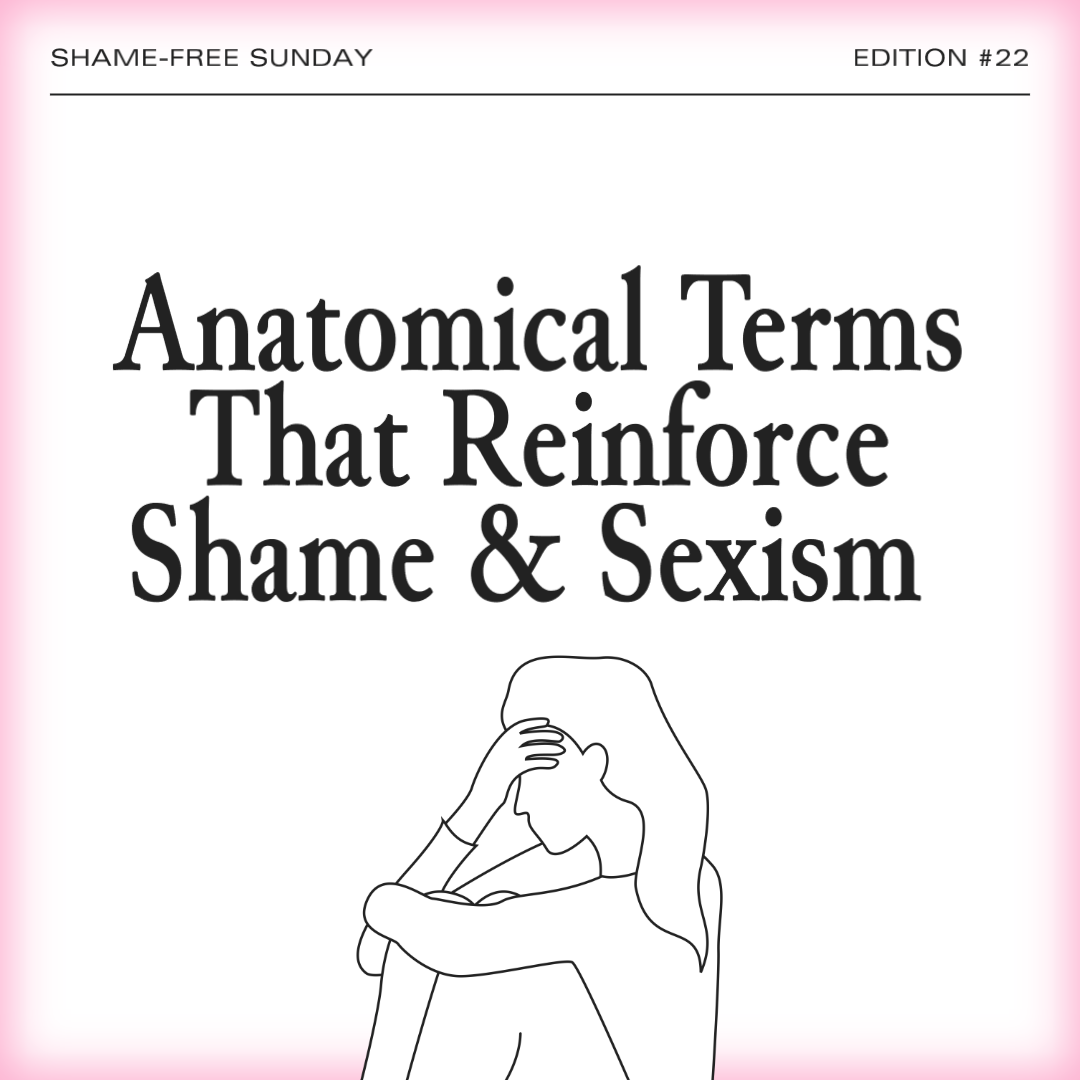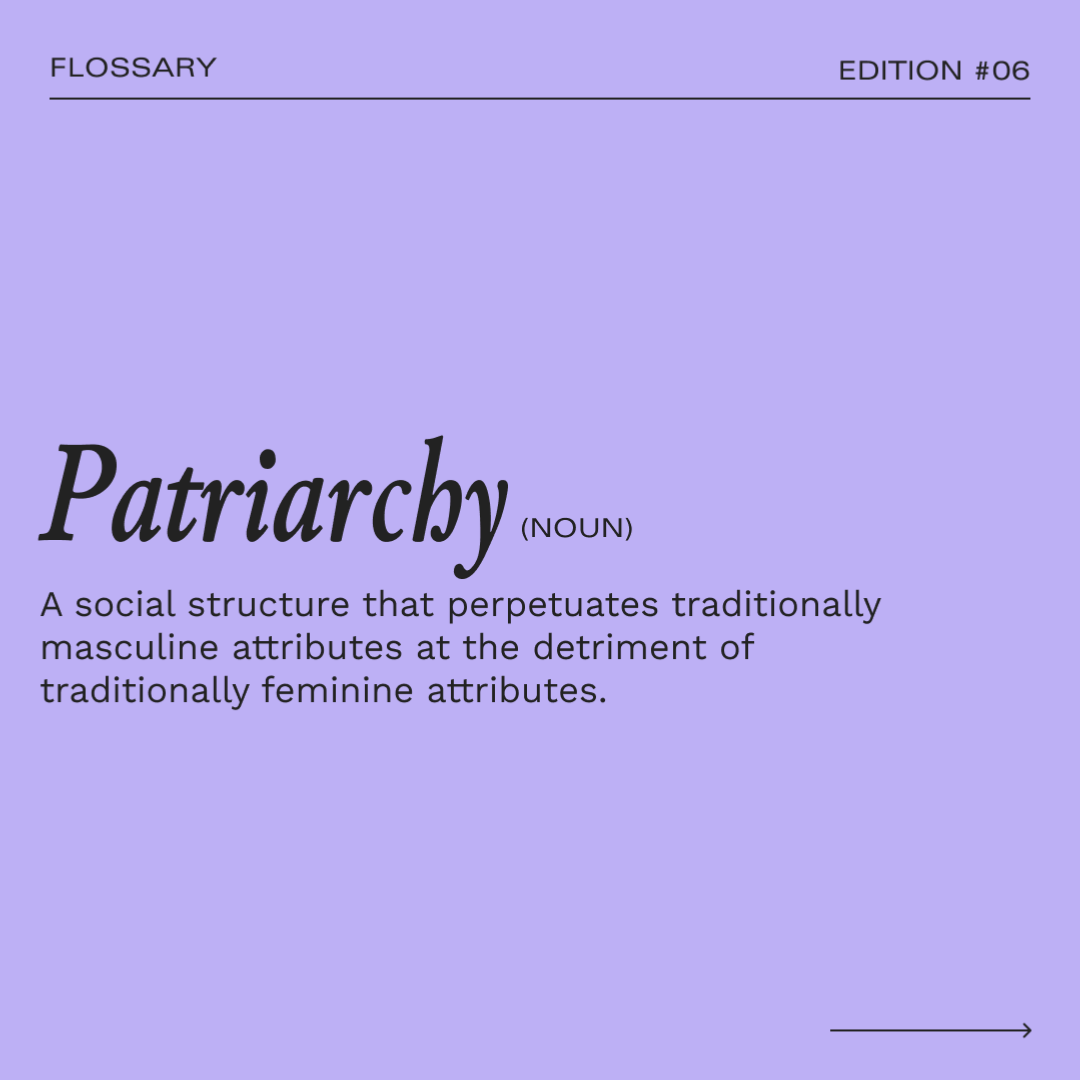Reproductive Justice, a term coined by the organisation SisterSong, is the human right to maintain personal bodily autonomy, have children, and parent the children one has in safe and sustainable communities.
The term combines the understanding of Reproductive Rights & Social Justice:
- Reproductive Rights include every person's individual and legal right to reproductive health care services.
- Reproductive Justice connects this right to reproductive health care services with the political, economic, and social inequalities that affect a person's ability to access said health care.
- Reproductive Justice extends beyond abortion access to include expanding access to birth control, comprehensive sexual education, alternative birth options, adequate prenatal and pregnancy care, domestic violence assistance, adequate working wages, safe communities and homes, and much more.
- Reproductive Justice is about access, not choice. While most mainstream media portrays the debate as pro-choice vs. pro-life, simply having the choice is not enough. When it comes to abortion access, many people of colour cannot afford it and can't travel hundreds of kilometres to the nearest clinic.
As NARAL puts it, "a right is not a right if you can't access it." SisterSong reiterates that "there is no choice when there is no access."
How Reproductive Justice came to be
1989:
16 Black women published the first statement for equal access to reproductive health care, in response to a US Supreme Court case that ruled states has the right to limit abortion access.
Amongst others, this statement advocated for the right to comprehensive sex education, a range of contraceptive options, and the right to legal abortion.
"We Remember" marks when "reproductive freedom" was introduced into the public lexicon, encompassing reproductive rights beyond abortion.
1994:
A group known as the Women of African Descent for Reproductive Justice noted the limitations to the word "choice" when it came to reproductive rights. The reproductive rights movement, they recognised must address the needs of marginalised communities.
It was out of this that the term Reproductive Justice was formalised.
How to acheive reproductive justice
- Analyse power systems.
- Address intersecting oppressions.
- Centre the most marginalised.
- Join together across issues and identities.
To learn more about Reproductive Justice and what you can do to support the movement, visit SisterSong today.



